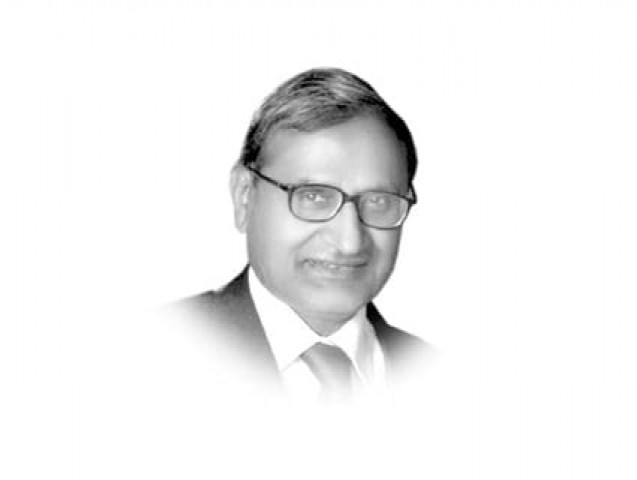Powers rising
India is considered as the economic good guy, China the bad guy which buys US treasuries than make direct investments.

These countries see themselves as BRICS, which includes South Africa. But the conference focused on BRICs — Brazil, Russia, India and China — as defined by the Goldman Sachs economist Jim O’Neill in 2001. His was the opening paper as well and it was optimistic about these economic powerhouses. Most papers as well as the discussion ignored Russia. Brazil was there only to the extent of the presentation made by its ambassador in London. The focus really was on India as a good guy and China as the bad guy and how to set one against the other.
The common refrain was that India is a functioning democracy and an increasingly liberal economy. These features allow the declining powers — the US and the EU — to be accommodative and supportive in containing China’s rising power. There is criticism of China’s exchange rate policies and the preference for accumulating reserves rather than letting domestic demand develop. It buys pieces of paper called US treasuries rather than make direct investment overseas. (That a number of Chinese attempts to buy physical assets were thwarted by declaring them not-for-sale strategic assets is another matter.) Indeed, China is seen as an autocracy that has no qualms over using corrupt business practices. Some of its joint ventures in Africa are even dubbed as bordering on the neocolonial. There are fears about an ethnic eruption and social and regional divisions resulting from the concentration of high growth and prosperity. Human rights records are considered appalling. Similar fault-lines faced by India did not merit attention. Corruption, the standard whipping horse for developing countries, was again not a serious source of concern in India’s case.
Rising power towards what end, though? Regional hegemony cannot produce a peaceful and stable world order. The rising power reflects the emergence of the middle classes. Can the world’s middle class create a globalised world on all their own? What happens to global justice and to the provision of global public goods? A US diplomat said that the global system requires responsible stakeholders. What is meant by ‘responsible’ is no secret. However, the same diplomat worried that the overlap between the Democrats and the Republicans has become so narrow that governing from the centre is becoming impossible. If the gap between the rich and the poor becomes ever more serious and if energy independence is achieved by 2030, then a US retreat within its shores cannot be ruled out entirely.
History is witness to the rise and fall of powers in various epochs. It is, however, seldom that the falling powers had their pick of the rising powers.
Published in The Express Tribune, March 2nd, 2012.













COMMENTS
Comments are moderated and generally will be posted if they are on-topic and not abusive.
For more information, please see our Comments FAQ